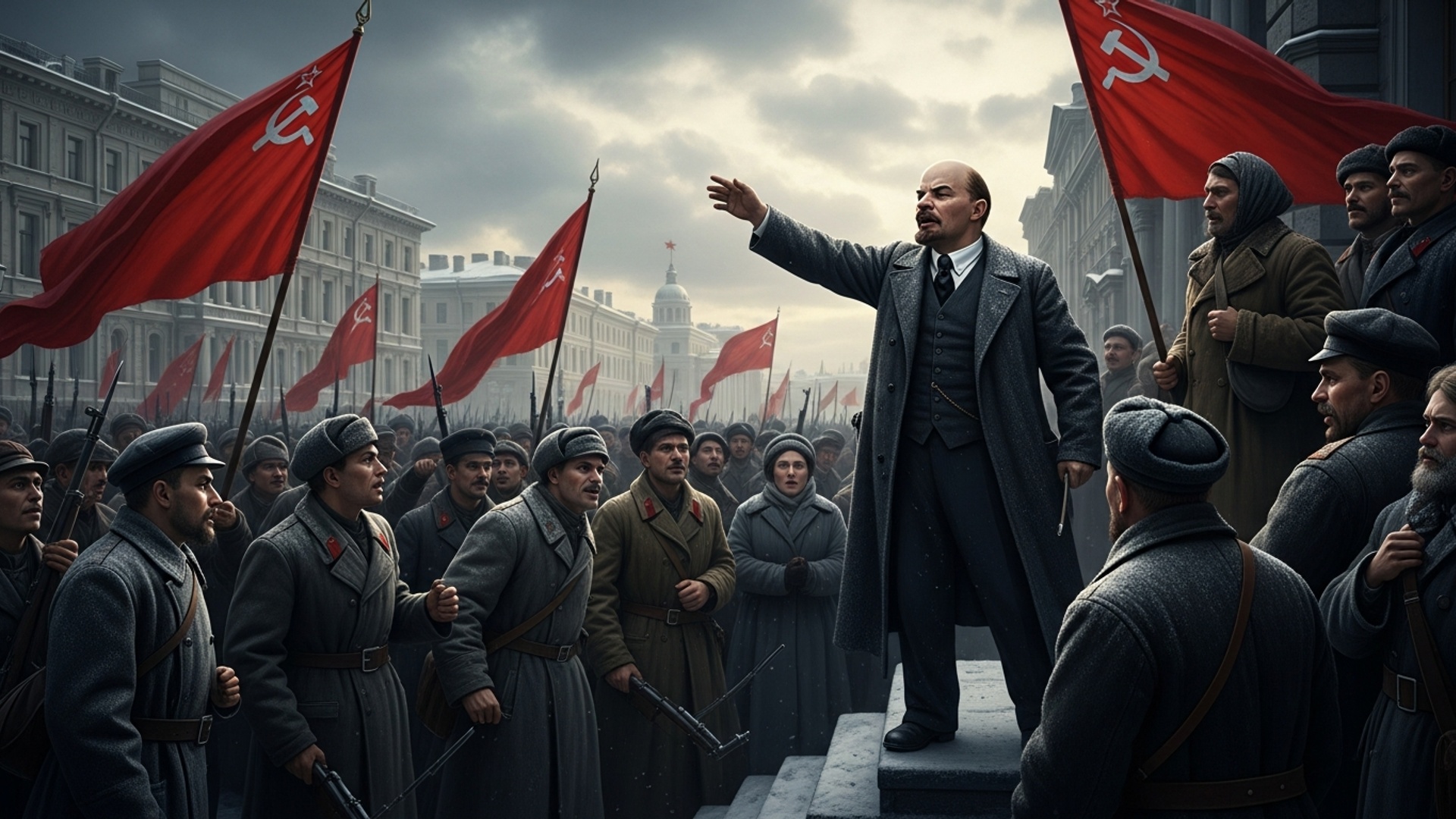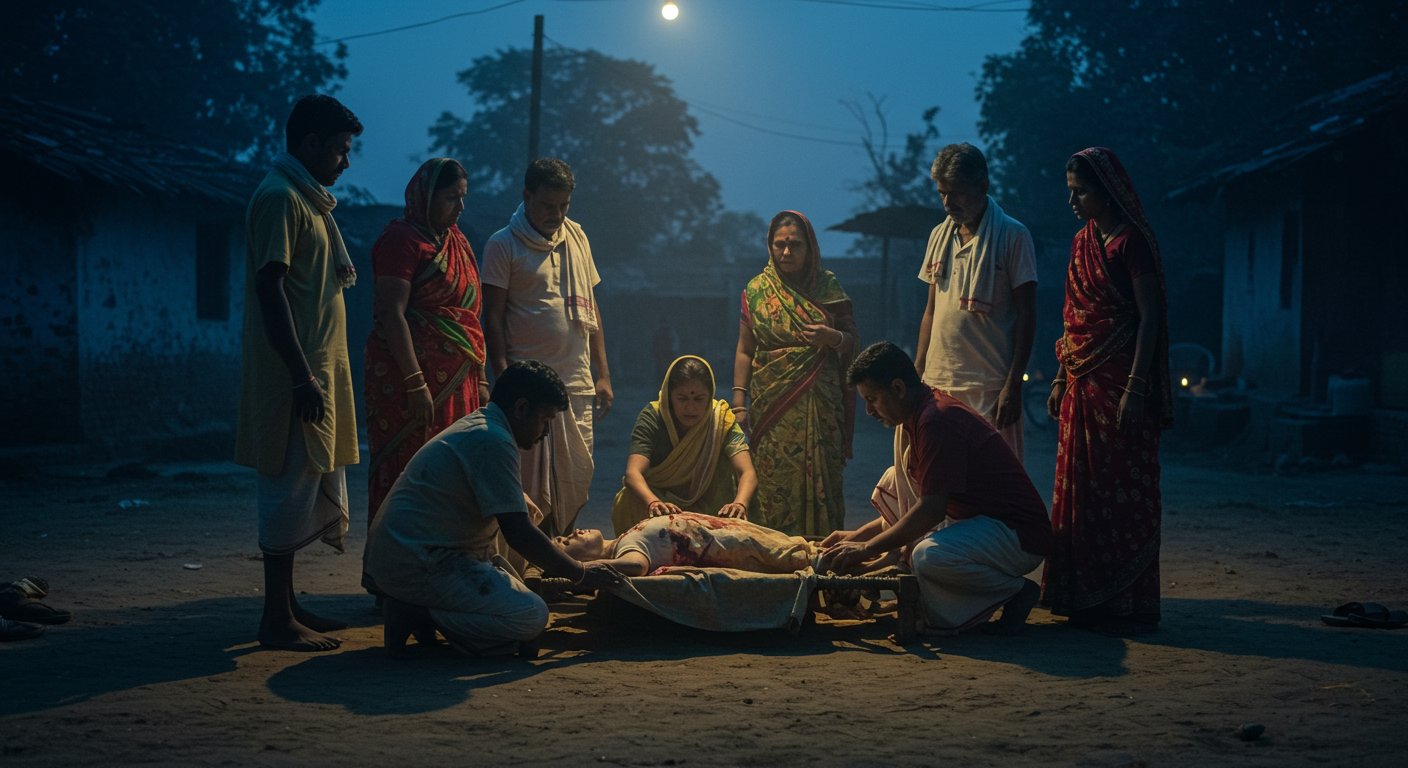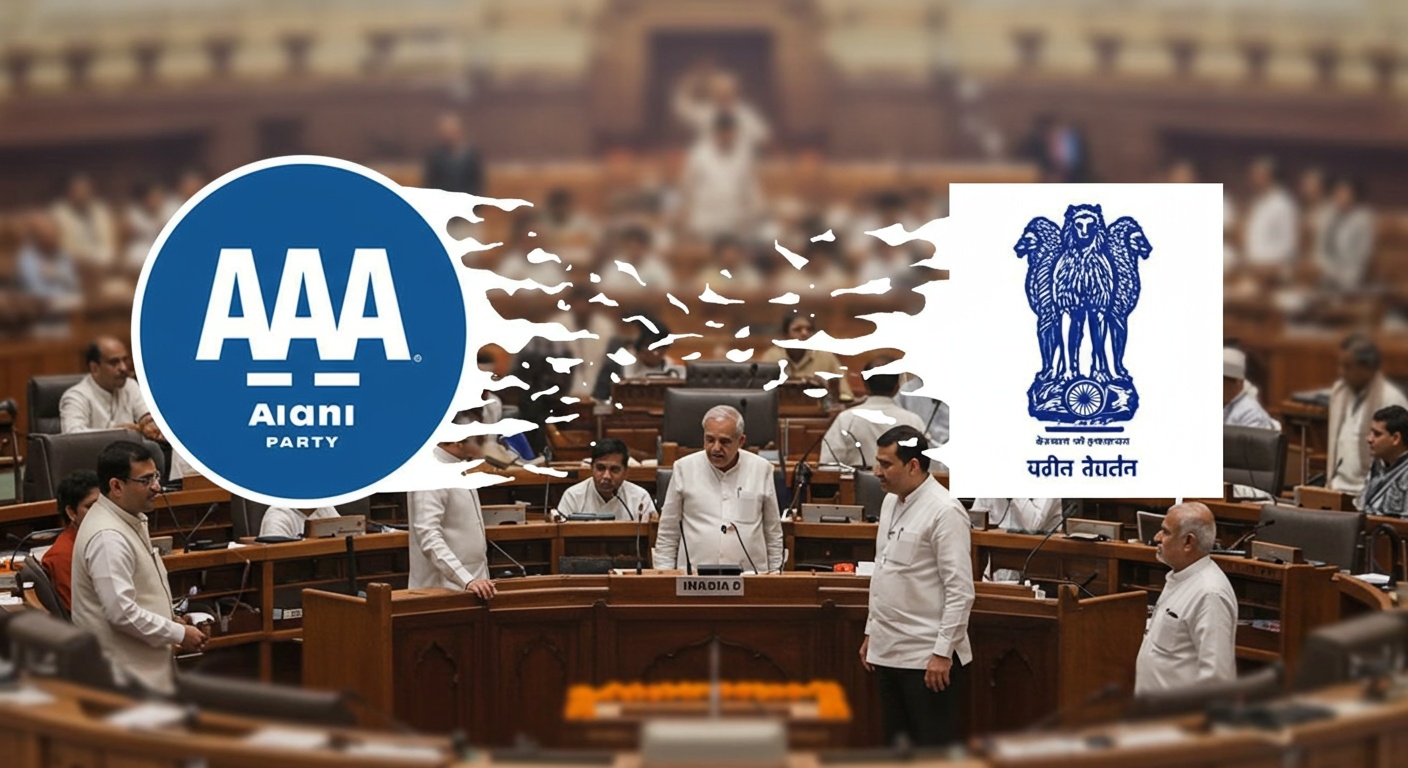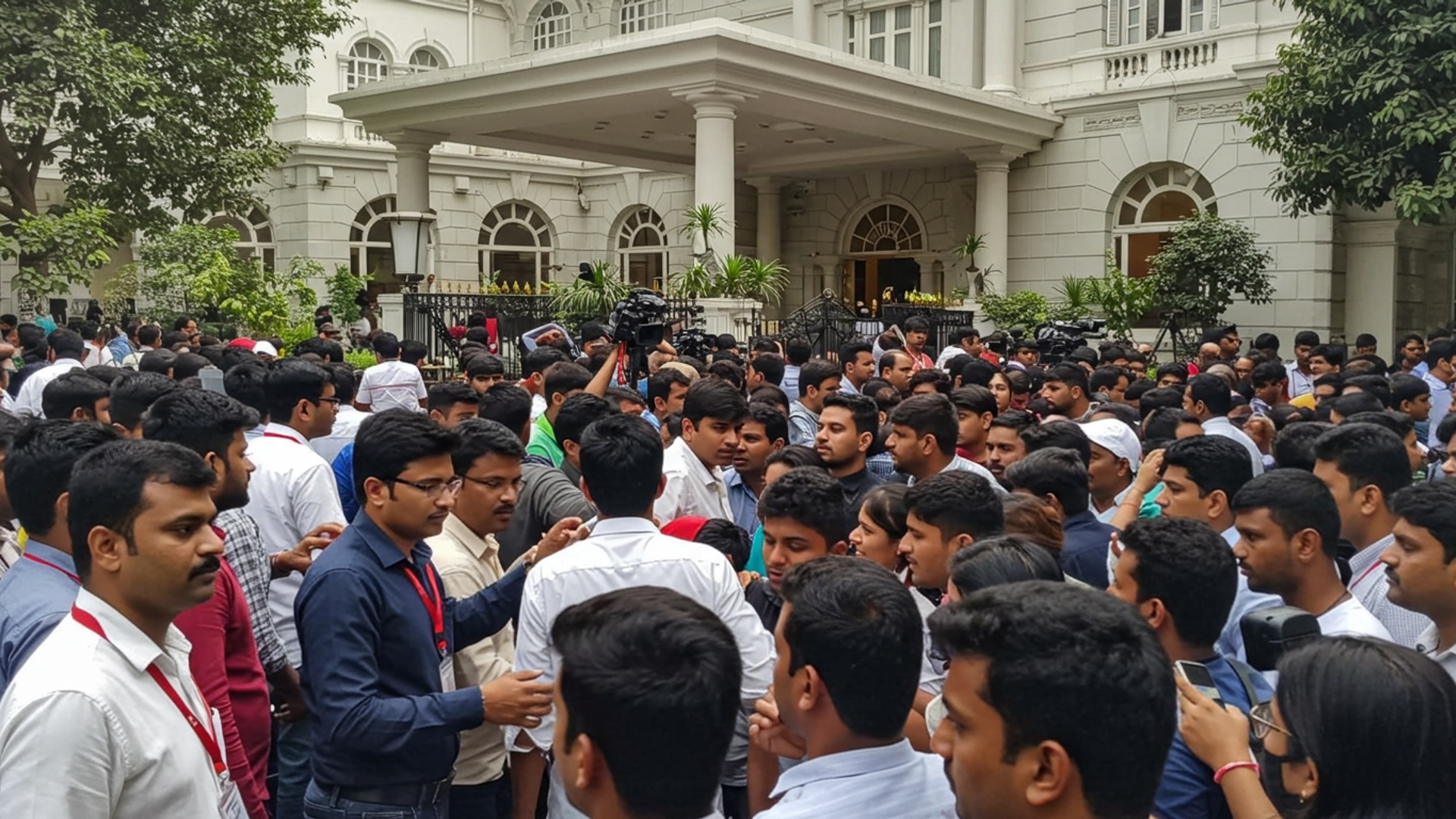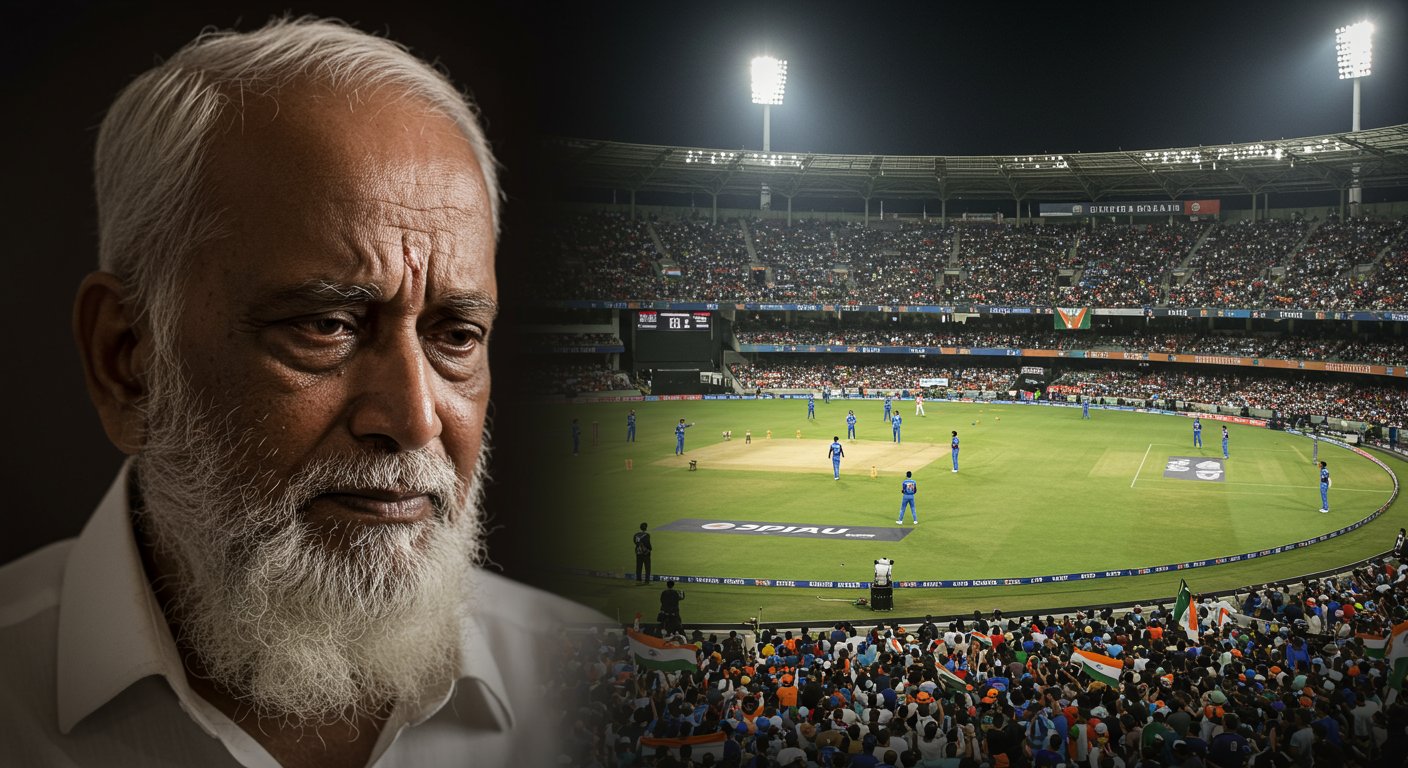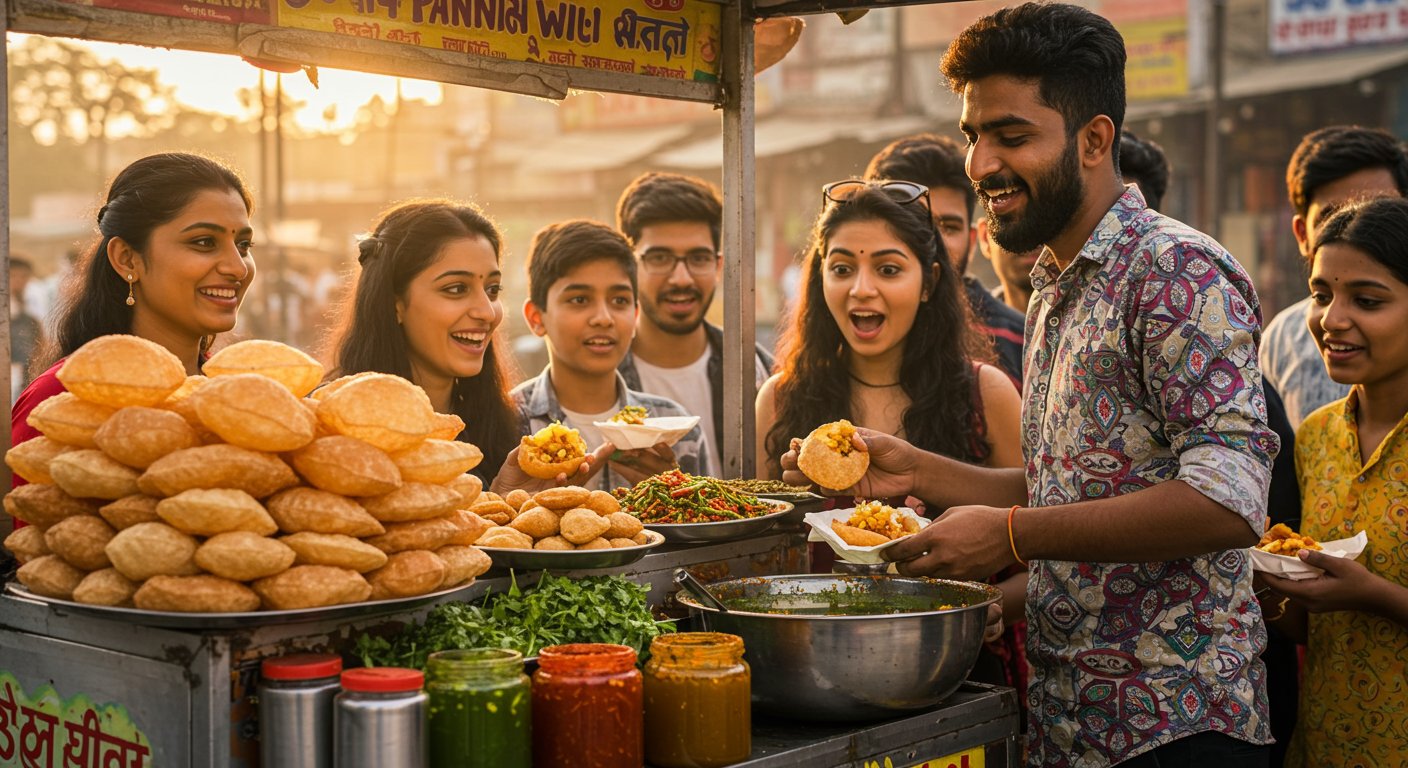A controversial meat ban is causing a major political fight across Maharashtra right now. The state government’s recent decision to stop the sale of certain meats for a specific period has sparked strong anger from various groups, leading to protests and heated discussions among political leaders. This move, aimed at respecting religious sentiments, faces strong pushback from traders and citizens who say it harms their jobs and basic rights. The issue quickly turned into a big debate, showing deep divisions within the state’s politics as different parties take sides and demand action, making the situation very tense and uncertain for everyone involved.
Rising Controversy Over Meat Sales
A recent decision by several local government bodies in Maharashtra has caused a widespread discussion about a ban on selling meat on Independence Day, August 15, 2025. This order has led to the closure of butcher shops and places where animals are killed for meat in many cities across the state. Areas like Kalyan-Dombivli, Chhatrapati Sambhajinagar, Malegaon, Nagpur, Nashik, Jalgaon, Kolhapur. Ichalkaranji have seen these orders put in place. Some cities have even extended these restrictions to other days, such as August 20 for the Jain festival of Paryushan or August 16 for Janmashtami. This move has brought up strong feelings and different ideas about personal choices and government rules.
The orders generally state that all licensed places for killing animals and shops selling goat, sheep, chicken. other meat must remain closed for a full day, usually from midnight on August 14 to midnight on August 15. Local government bodies have warned that anyone who does not follow these rules could face legal action under the Maharashtra Municipal Corporation Act of 1949.
A Look Back at the Rules
The local government bodies that issued these orders say that the ban on meat sales on Independence Day is not a new thing. They point to an old government rule from 1988 that allows such bans on specific crucial days. These days include Independence Day, Gandhi Jayanti. Mahavir Jayanti. Officials from some local governments have stated that they have been sending out similar orders every year since 1988.
The state government of Maharashtra had also made a rule in June 2019 that told all local government bodies to make sure there was no killing of animals or selling of meat on the first and last days of the Paryushan festival. In 2024, the Bombay High Court asked local government bodies to quickly look at requests from Jain groups for a temporary ban on animal killing and meat sales during Paryushan. The court noted that the Maharashtra government had already set 15 days in a year when animal killing is not allowed, which includes one day for Paryushan.
Leaders Share Their Views
The decision to ban meat sales has led to different views among political leaders, even within the ruling group in Maharashtra. Chief Minister Devendra Fadnavis has said that the state government is not interested in telling people what they should eat. He clarified that his government did not make a new rule. that the decisions were made by the local government bodies based on the 1988 government order. He also mentioned that similar bans were put in place when Uddhav Thackeray was the Chief Minister. Chief Minister Fadnavis also stated that comments calling vegetarian people “impotent” should stop, saying that everyone has the right to eat what they want as allowed by the country’s law.
But, Deputy Chief Minister Ajit Pawar, whose party is part of the ruling group, has expressed his unhappiness with the ban on Independence Day. He called it “wrong” and “difficult” to accept, especially on a national holiday. Mr. Pawar said that such rules are usually for religious events like Mahashivratri or Mahavir Jayanti, out of respect for religious feelings. He pointed out that many different groups of people live in big cities. they have various eating habits. He also gave examples of communities in the Konkan area that eat fish. people in villages who might kill a goat for celebrations.
Leaders from opposition parties have strongly criticized the ban. Shiv Sena (Uddhav Balasaheb Thackeray) leader Aaditya Thackeray has asked for the suspension of the local government officers who issued these orders. He said that what people eat on Independence Day is their right and freedom. Mr. Thackeray also mentioned that in his own home, even during the Navratri festival, their special food includes prawns and fish, showing that non-vegetarian food is part of their traditions.
Jitendra Awhad, a leader from the Nationalist Congress Party (Sharadchandra Pawar) faction, described the ban as “food policing” and a removal of people’s freedom. He even said he would hold a mutton meal on August 15 to protest against the order. Congress leader Vijay Wadettiwar suggested that the ban was a way to make people think about something else instead of real problems like bad roads and traffic jams. Asaduddin Owaisi, a Member of Parliament, called such bans “unlawful” and said they take away people’s rights to personal freedom, living, culture. food. He asked what eating meat has to do with celebrating Independence Day. Other opposition figures, like former Maharashtra Navnirman Sena (MNS) MLA Pramod Patil, questioned why such bans only target certain meat sellers and not non-vegetarian food places. Samajwadi Party MLA Abu Azmi also spoke out, stating the ban takes away people’s freedom on a day when they gained freedom. that it hurts small businesses.
But, some leaders from the Bharatiya Janata Party (BJP) have defended the ban. They have said that the decision is not new and was in place under past governments, including the Maha Vikas Aghadi government. Some have also argued that it causes no harm for people to not eat meat for one day.
Impact on Businesses and People
The ban has raised concerns among people who work in the meat industry. The Poultry Federation of India (PFI) has pointed out that such quick decisions on bans make it hard for businesses to plan their work and lead to money losses. They have highlighted the difficulties faced by thousands of people who depend on the meat business for their daily living, from workers paid by the day to business owners. The PFI has asked the government to create a clear calendar for meat sales across the country, similar to “dry day” rules for alcohol. They suggested that details about meat shop closures should be given at least three months in advance, along with public notices in the affected areas. The federation also asked to have a representative on any committee that makes such decisions.
The Hindu Khatik community, which has a long history of being in the meat trade, has warned that they will hold a protest by setting up a meat shop outside the Kalyan-Dombivli Municipal Corporation office if the ban order is not taken back.
What People Are Saying
The meat ban has brought to the forefront a wider discussion in Maharashtra about vegetarian and non-vegetarian food choices. Many people in Maharashtra, especially those from traditional communities, eat meat regularly. The orders are seen by some as limiting personal freedom and going against the spirit of celebrating freedom.
The Deputy Commissioner of Kalyan-Dombivli Municipal Corporation, Kanchan Gaikwad, who signed the order, said that the action was taken to keep public order and to respect vital national days. Another official from Kalyan-Dombivli, Abhinav Goel, stated that the local government body has issued this type of order for the last 15 years and would consider people’s feelings if they protest. Deputy Commissioner Yogesh Godse also added that it is not a ban on eating meat. only on the operation of slaughterhouses and shops.
But, some citizens and political leaders argue that such bans unfairly target certain communities and hurt the local economy. They question why some non-vegetarian food places like fast-food restaurants are not affected by the ban, only meat shops. The core of the public debate seems to be around the balance between respecting traditions or religious beliefs and protecting individual liberties and livelihoods.





